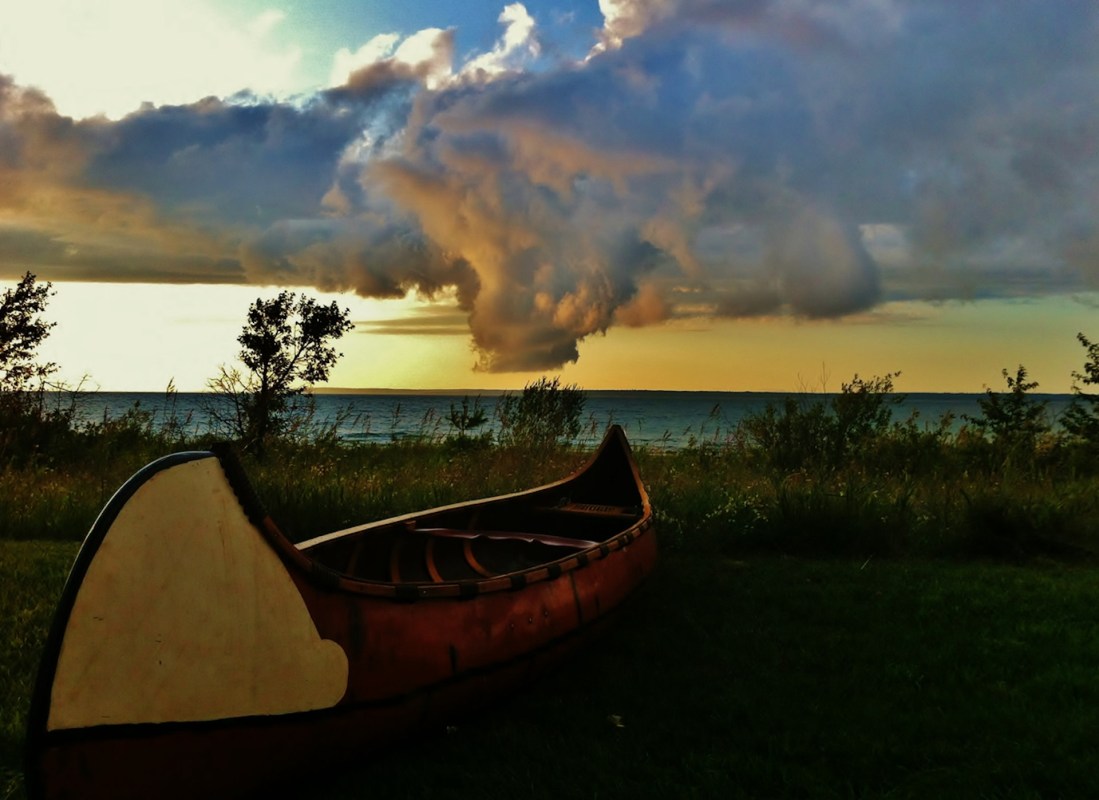The Ojibwe people have long lived and fished around Lake Superior. However, increasingly dangerous levels of "forever chemicals" polluting the waters have threatened their safety and way of life, Wisconsin Watch reported.
What's happening?
In the mid-1800s, the U.S. government forcibly acquired several tribal territories in the area. The tribes retained fishing rights — though they weren't always respected — and still, many of their members earn a living from fishing, harvesting 2 million pounds of fish annually.
However, as Wisconsin Watch reported and ICT News shared, increasing pollution levels have caused many to worry whether their future is safe.
"Once these things go away, they don't come back," Dylan Bizhikiins Jennings, a former Bad River tribal council member and an associate director of Northland College's Sigurd Olson Environmental Institute, told Wisconsin Watch. "It's about our life."
Commercial operations, such as mining and manufacturing plants, have dumped "forever chemicals" into the waters, while power plants and incinerators have polluted the air. Now, fish there have chemical levels high enough for the government to warn they could be unsafe to eat.
As Wisconsin Watch noted, Chief Flat Mouth summarized the potential impact simply back in 1837: "Without the … rivers and lakes, we could not live."
Why are 'forever chemicals' concerning?
These chemicals, per- and polyfluoroalkyl substances, are also known as PFAS/PFOS. They've been linked to cancer, immune system suppression, hormone disruption, liver issues, and pregnancy complications, among other health concerns. And 97% of Americans have them in their blood already.
"You find these chemicals everywhere," Christy Remucal, a researcher, told Wisconsin Watch. "I don't think we've ever not measured them in a water sample."
In 2021, PFOS levels in Lake Superior had grown so high that the Wisconsin Department of Natural Resources issued an advisory against eating too many smelt.
Another study found that consuming one freshwater fish was equivalent to drinking PFAS-tainted water for a month. And while the Environmental Protection Agency has set PFAS advisories, researchers found that nearly all fish sampled were already considered "unsafe to eat" under those guidelines, per Wisconsin Watch.
Katrina Phillips, an associate professor and Red Cliff citizen, was angered by the findings, per Wisconsin Watch: "It's a modern way of denying access and destroying foodways. It's through chemicals and pollutants instead of treaties and court cases."
What's being done?
In 1972, the United States and Canada co-signed the Great Lakes Water Quality Agreement, which recommended water safety standards. But neither country is legally required to abide by the agreement, so results have been mixed.
However, a new proposal from the EPA has signaled that concerns are being taken more seriously. The drafted rule requires states to consider treaty rights under the Clean Water Act.
That means if tribal fishing permits exist for a body of water that is deemed unsuitable for fishing, the water safety standards would need to be strengthened.
Tribal citizens are also taking matters into their own hands, from forming cross-government committees to pursuing legislation, which has already been successful.
A Chippewa chairman, Mike Wiggins Jr., emphasized the importance of preservation, per Wisconsin Watch:"Human beings, we as people, are the most pitiful. Without Mother Nature, we go away."
Join our free newsletter for cool news and cool tips that make it easy to help yourself while helping the planet.









